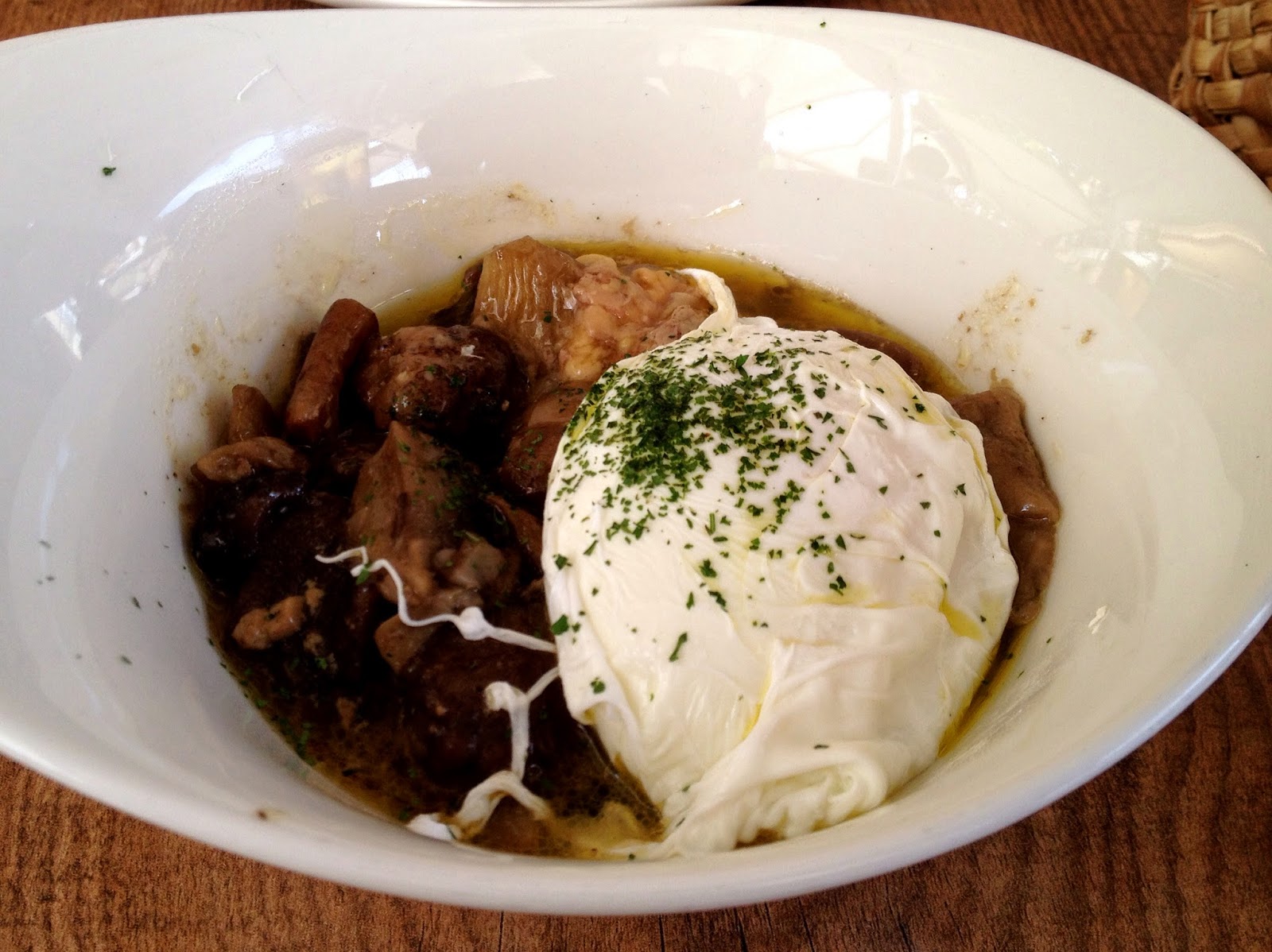Easter in Europe is a great time of year. Friday and Monday are holidays, meaning you have an automatic four-day weekend. In addition, many places nearby are starting to get warm which means it's a great time to travel. In keeping with my resolution to travel more in Europe, we decided to go to a southern region in Spain called Andalusia. A town called Seville (or Sevilla in Spanish), is known for holding a week-long festival called Semana Santa (Holy Week) in the run up to Good Friday.

The festival involves hundreds of brotherhoods marching through the streets, during the day but mostly into the late hours of the night).
The brotherhood dress up in a traditional robe and hood, carrying candles, crosses and flotilla with religious statues and images.

Children along the route collect wax from the candles, attempting to make the biggest wax ball. Many of the brotherhoods have been around for centuries with the oldest El Silencio (Silence), founded in 1340, considered to be the oldest existing brotherhood. We were lucky enough to catch them and watch their silent, chilling procession.

The festival was definitely the most unique experience of the trip. We managed to catch a couple of different processions on our first night (Wednesday) by wandering a bit further away from the main tourist roads. It was around 1am and we were also able to get to the front of the crowds and stand right next to the brotherhoods as they marched through.


On the busiest night, we stayed up until 2:30am and also ended up holding a set along the route for about an hour. There were crowds of thousands on this evening, but our planning ahead paid off and we again were at the front for this important evening. We were due to leave Seville on Saturday (after staying up to watch the culmination on Friday evening) and were surprised to see that when we got back our hotel room at 3am that it was going right outside our hotel... Even better, our room faced this street and we were able to look over the heads of the spectators to have a clear view. There were also drums, which did not help the early check out the next morning...
Apart from Semana Santa, which took up most of our evenings, Seville had a lot of other sites to keep us busy over three days.


On our first day, we visited a tapas restaurant which was recommended in our guidebook. Fahad likes to dine al fresco any chance he gets...

The restaurant was known for its innovative tapas, not just chorizo and cheese.

We also wandered around the narrow, cobbled streets and visited the Palace. Seville and much of Southern Spain is heavily influenced by Muslim culture.

One of the other highlights in Seville was cooling down while drinking some vino de naranja (orange wine). We discovered this delicious, local drink when we came across a tiny bar/pub with people flowing into the streets.

They ate tapas from small tables and overturned barrels and drank from tiny cups. We ordered our first by pointing to somebody's else's drink, not knowing what to expect, but were pleasantly surprised by the sweet, orange-flavoured wine! I drank nothing else the entire trip and made sure to stock up on a couple of bottles on my way back.

On our second day we went to a traditional flamenco show, Seville being the home of flamenco dancing. I'm not sure why, but I had imagined flamenco being sort of like salsa dancing. In the end, it was a lot more like traditional folk music and tap dancing - so quite a difference!

After three fun days in Seville, we caught an early bus to Cordoba, about 2 hours away. The main sight in Cordoba is the Mezquita, with is famous for being a mosque and church combination. From the inside you can see how the mosque grew, starting originally as a mosque and then being converted to a church but keeping the mosque features.

Cordoba was overall a nice change from Seville, which was much more of a city than quaint and cobbled Cordoba. It was easy to see most of the sites and the Mezquita is the central attraction.



